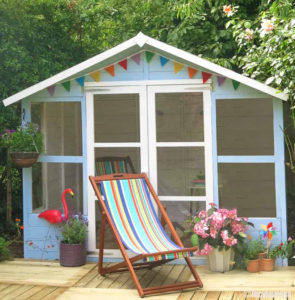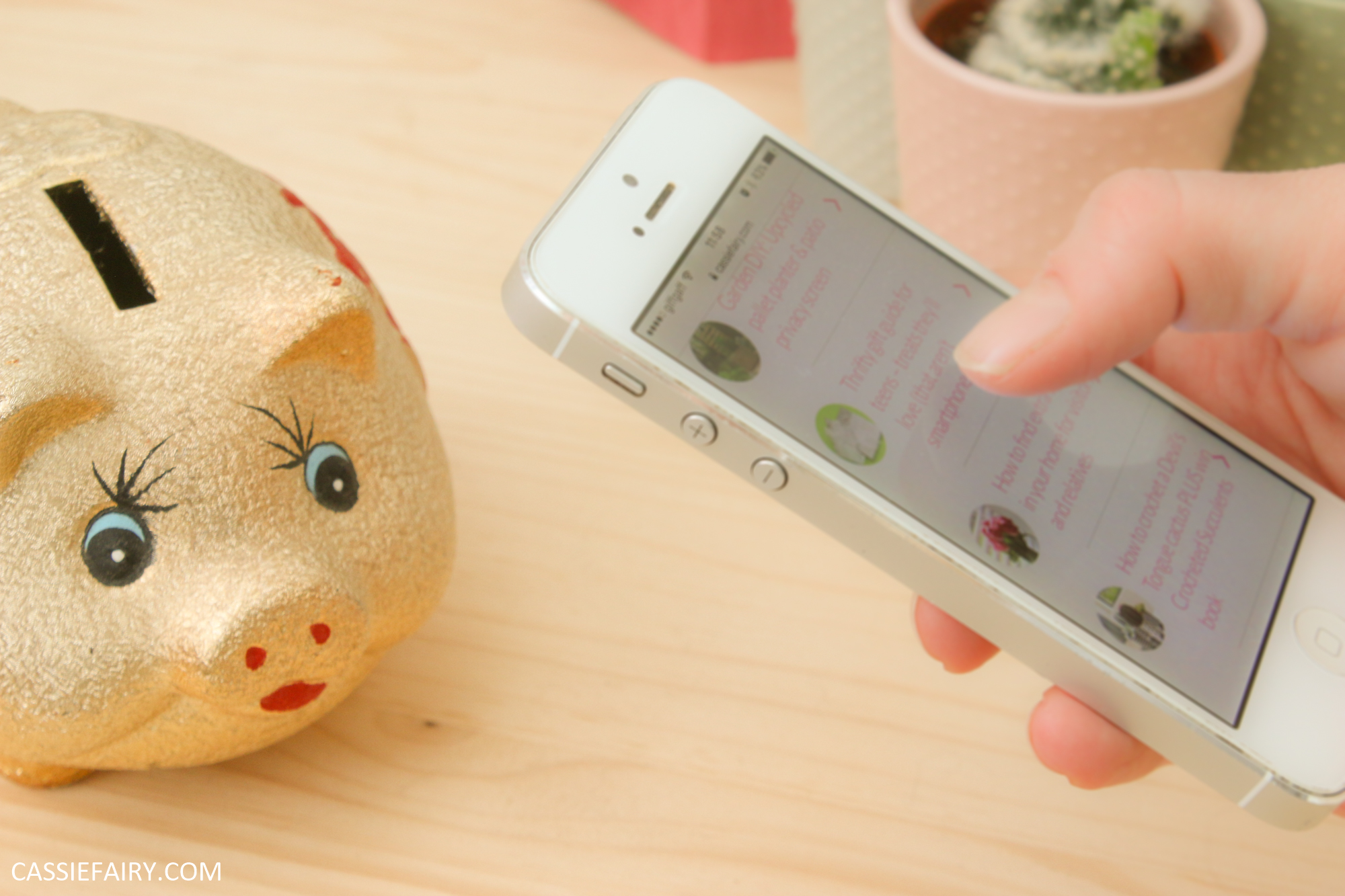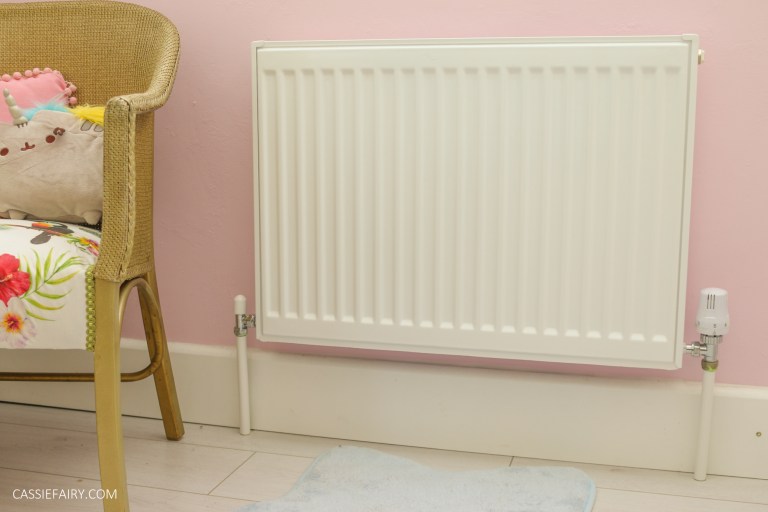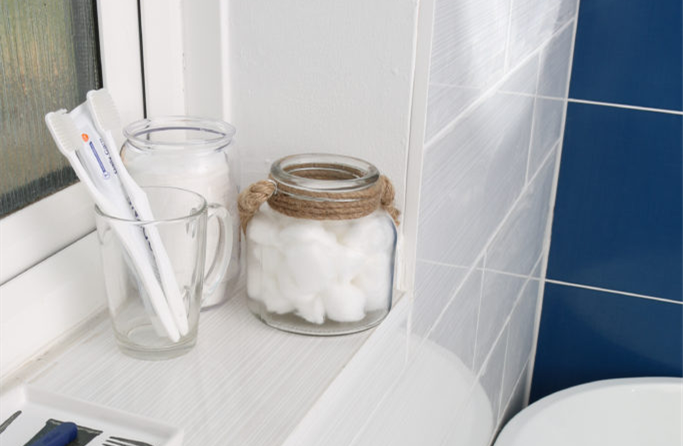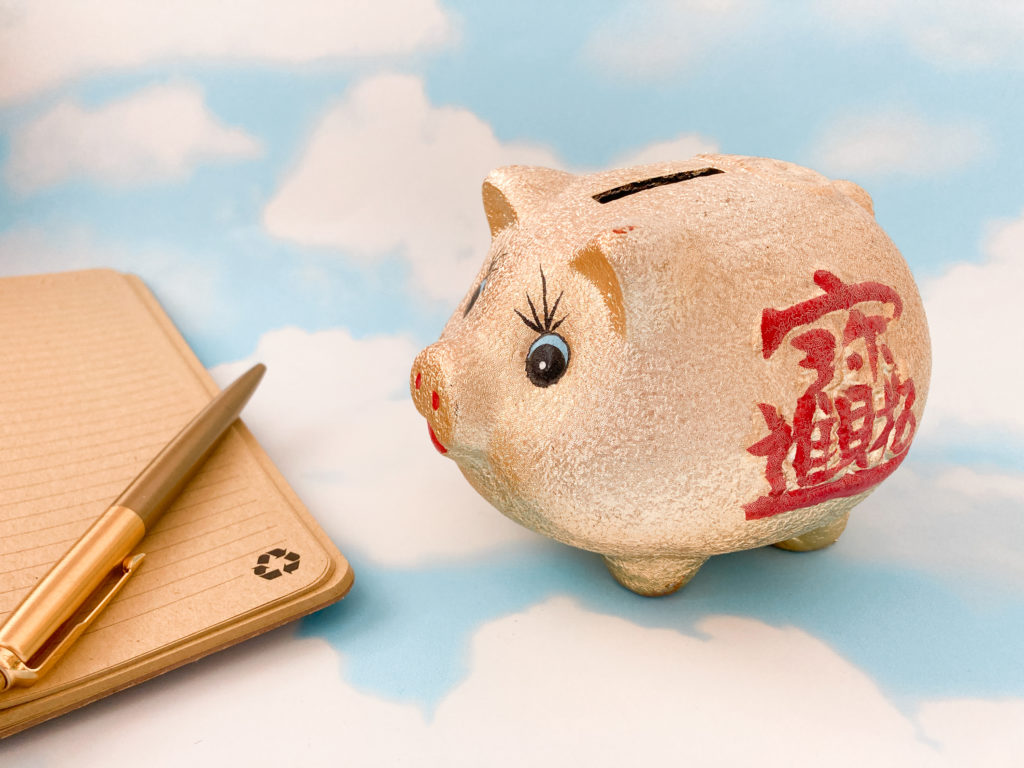
The cost of living crisis has brought money matters to the forefront of our minds and although we might have less disposable income after spending extra on goods, services and bills, we still need to consider what we want to do with any cash we have left over to save or invest.
And when talking about investments, it’s not just stocks and shares we can consider – although that’s a useful way of making your money work for you. There’s also investing in property, forex trading, self-invested personal pensions (SIPPs), tax-free savings in ISAs, funds and so on. Or why not combine a few of these to create the future you want?
Just because the future of the economy is uncertain, it doesn’t mean you can’t feel certain about how your money will work for you both now and in the future. I’m personally always considering my plans for retirement and, although many people will have a state pension or a workplace pension to cover some of their costs, it’s important to consider what you want your retirement to look like.
I mean, you want your future to be fabulous, don’t you? Travel, socialising, health and hobbies all cost money on top of your bills, so let’s start planning what to do with you money now to make sure you can thoroughly enjoy your retirement. After all, you’ve worked for it.
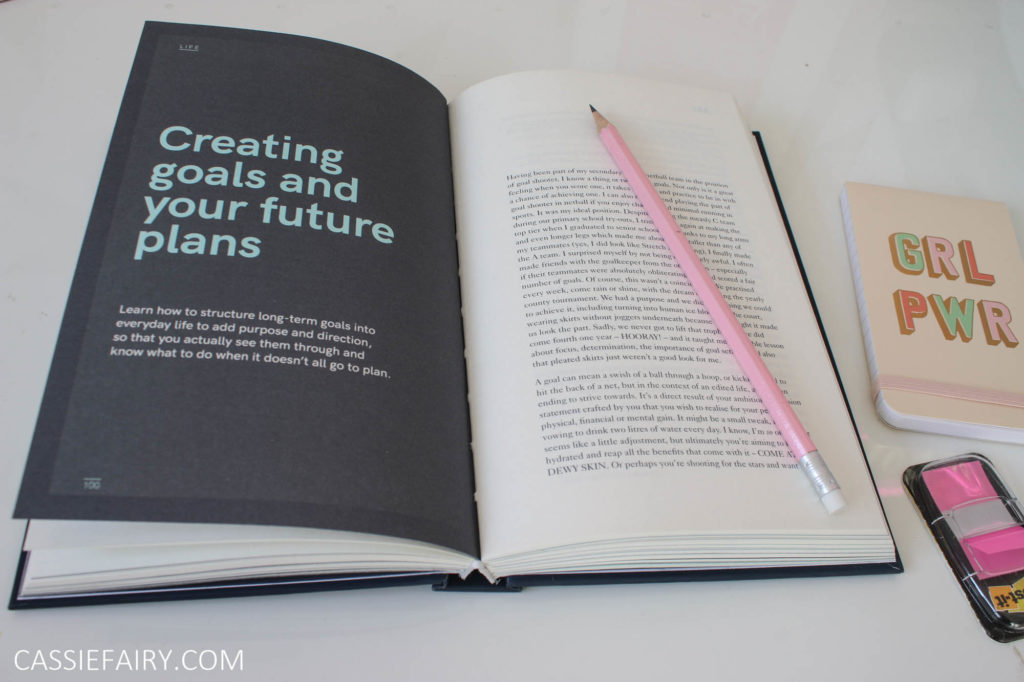
1. Stocks and shares
Historically the stock market has increased in value by 7%-10% annually, on average, which is much better than interest rates in savings accounts. Of course, this doesn’t mean you’re guaranteed to get a good return on your investment but, if you’re willing to commit your money long-term, you can achieve growth and increase your eventual retirement fund.
Investments like this gain money through yearly dividends and also by the appreciation of the stock’s selling price. So, you’ve got two ways to make money on your money. The smart way to invest is not to put all your eggs into one basket – if you spread your investment across different countries, markets and industries, you’re minimising the risk.
If one company’s stocks drop in price and that’s all you’ve invested in, you’ll lose money. But if it’s just one company out of a whole portfolio of investments, the income from other investments will help to balance out any losses and give you a better average return. Investing in a fund can help you to do this with ease, as the ‘package’ will combine different investments from all kinds of industries and locations, to help spread the risk.
2. Converting currencies
Something I’ve discovered, quite by accident, is that it’s possible to make a profit when you switch currencies. I was going on holiday and needed to exchange my pounds for the currency of the country I was visiting. When I returned, I was surprised to find that the value of my foreign currency had increased and, if I wanted to cash it in, I would have made a little money on top of it.
Of course, this would be on a very small scale but there’s a whole industry – the ‘foreign exchange market’ – around buying and selling different currencies to make a profit, which is known as forex trading. It operates globally so you’re not limited by location and can take advantage of increases in currency value anywhere around the world.
If you want to give this investing technique a go you’ll need to find a reputable forex broker offering trading services and thoroughly do your research. Similar to the stock market, the value of the investment you’re making can fluctuate and it’s all about timing. There’s so much to learn about the topic before you start putting your money into it, but it’s another option for making your money work for you.
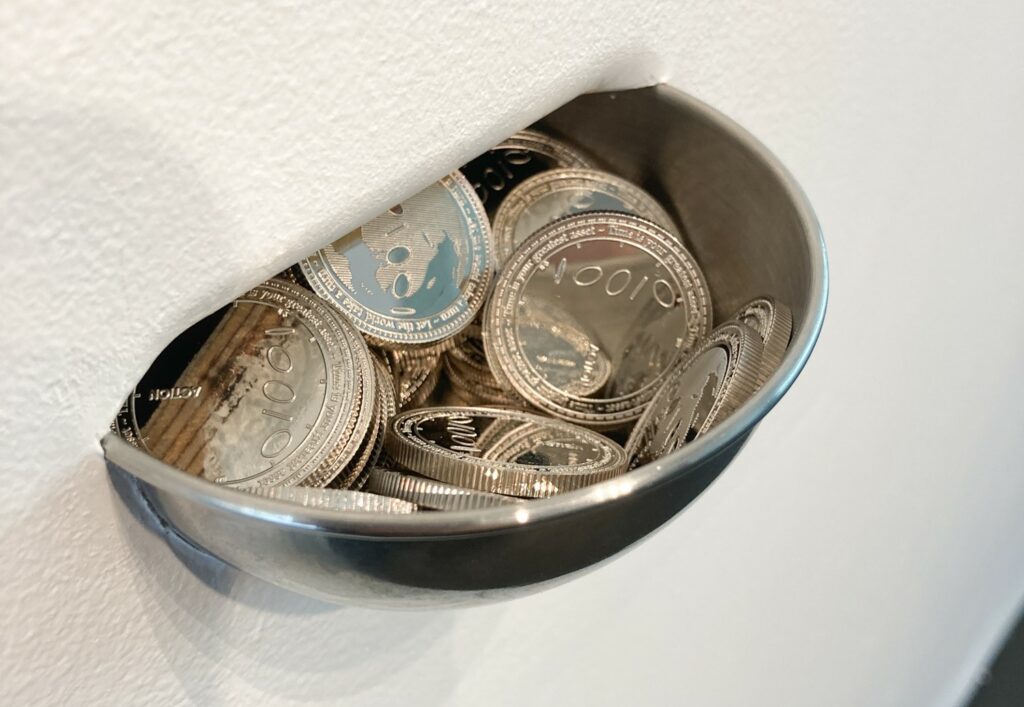
3. Interest on savings
At the moment, interest rates are looking good for savers – but are not at all good for those with mortgages and debts. If you have money to save and you’re prepared to lock it up for a set period of time – a year, two years, five years – it’s possible to get higher interest rates on your savings when you put them in a fixed-term account. Plus, if your savings are in a Cash ISA, the income from interest on your savings will be tax-free, although there are annual limits to how much you can save in an ISA.
In my experience, at the moment there are also some savings accounts that will give you a good interest rate but still offer easy access to your money. This is handy if you’re not sure what you’re going to do with your money in the short term but still want to make it work for you. These savings accounts will pay interest into your nominated account (which could be your monthly bills account, if needed) every month, which creates an additional income for you right now.
While you can’t rely on interest rates to make you a good monthly income in your future retirement, it can definitely help you get some cash on your savings right now. If your money is sitting in a low-interest account, you might as well move it into a fixed-rate account and get some cash back, which is what I’ve decided to do. Just be aware that you’ll need to declare non-tax-free income from savings on your tax return, meaning you’ll be losing some of that money at the end of the tax year so don’t spend all the interest you get right now.
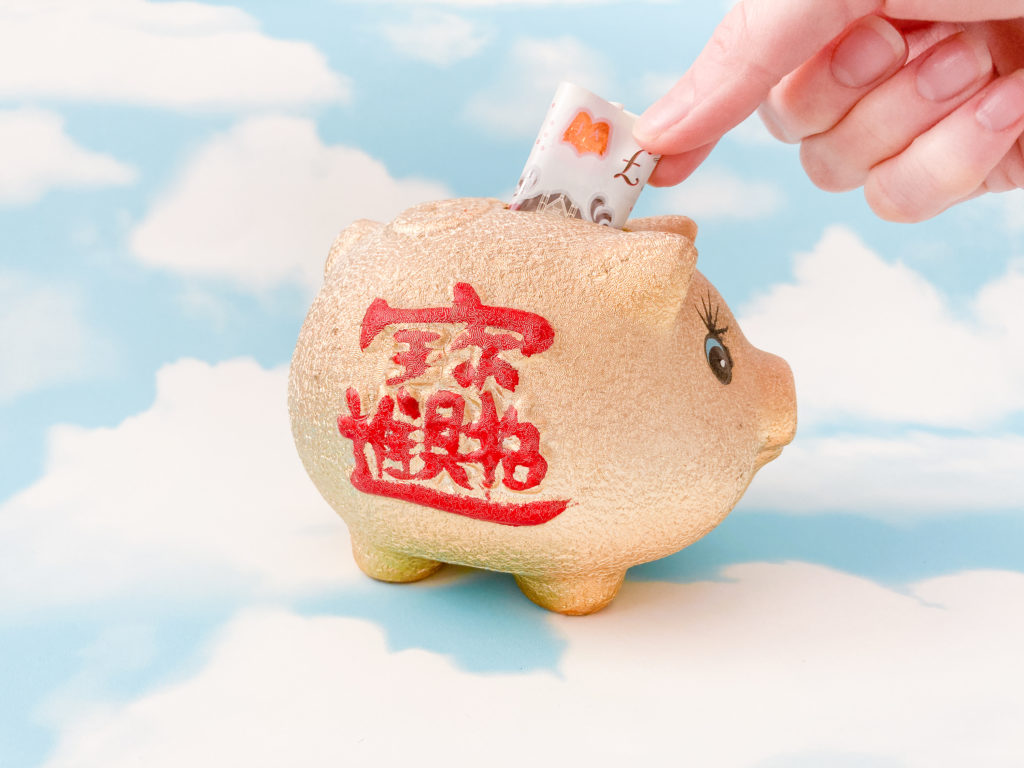
4. Investing in property
I’ve often heard it said that bricks-and-mortar are a good way to invest your money. Property prices seem to be increasing all the time and it’s possible to make a regular monthly income from property if you rent it out. Again, you’ll need to pay tax on any income you make but you could be making more cash each month than you would if your money sat in a savings account. Learning how to invest in property is important if you’re considering this option.
Another thing to consider is that it’s a big investment. It’ll cost more to get into the property market in the first place and you’ll need to go through financial checks and lots of paperwork if you want to get a mortgage on an investment property. In fact, you’ll find less variety of mortgages available for buy-to-let investors or for holiday-let properties, so you might end up paying a higher interest rate to borrow money on property.
Any property is a long-term investment strategy, whether you’re buying it outright or paying it off through a mortgage. You can hope that the building will be worth more when you want to sell it in the future, although this isn’t guaranteed. Looking at the property market over the past 30 years, you’ll probably see that the average property prices have increased in value across the board, but there will always be some exceptions to this.
That said, if you’re willing to become a landlord, your investment can start making you money right away. Just consider that there will be ongoing costs and maintenance to cover while you’re renting out your property and you’ll need to do a tax return to declare any income. Even after taking off all those expenses, you might be able to make a bit of money each month, which you can spend now, invest for the future, or put back into the property to pay off the capital and own it outright.
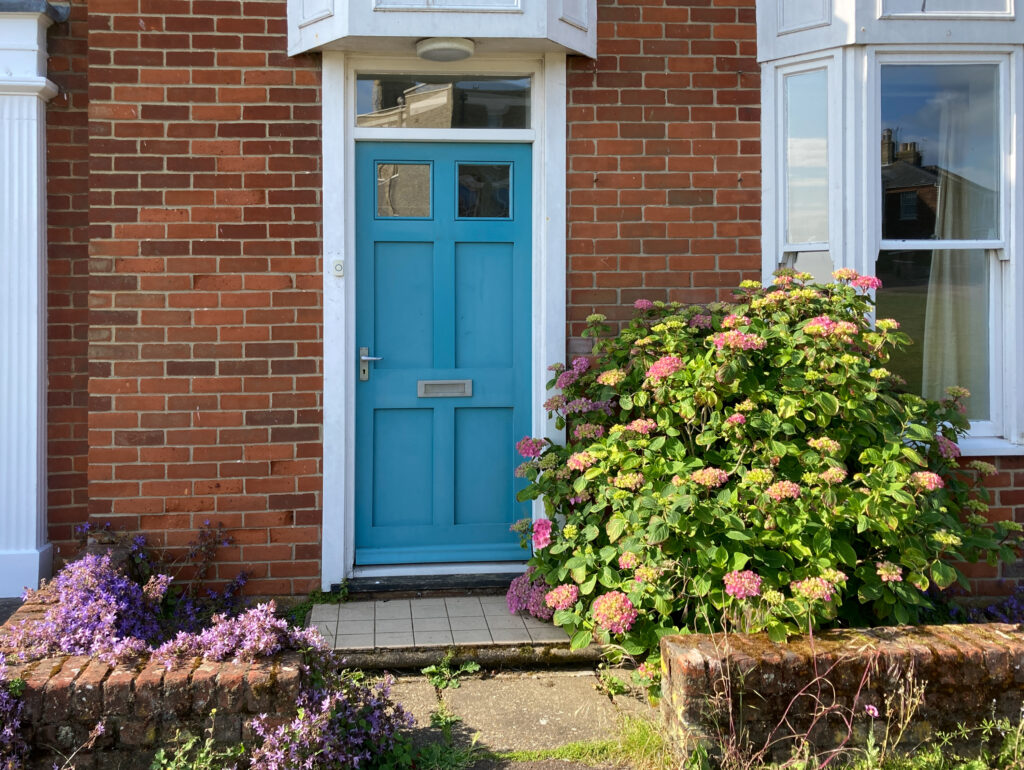
5. Pension funds
Finally, and most obviously, you could invest money for your retirement into a personal pension. Sure, you may get a state pension (depending on contributions and the rules of the country by then) and you might have a proportion of your income going into a workplace pension that you can enjoy when you retire. But what if you want a more fabulous retirement?
When you’re employed or self-employed, the majority of your days and weeks are taken up with work, so you simply don’t have the time to spend much money. The things that cost the most are the leisure activities you enjoy at the weekends and holidays you go on during your annual leave. But, when you’re retired 100% of your time is taken up with leisure, so it makes sense that it’ll cost more if you want to have a fun, fabulous time during your retirement years.
The best thing to do is to work backwards; think about what you would like to do in your retirement (travel, days out, hobbies, learning, activities, theatre, food etc) and work out how much that would cost you. Add your leisure costs to your ongoing cost of living (bills, council tax, transport, health, maintenance) and you’ll come up with a yearly figure you’ll need in order to have a fabulous future.
Once you know what you want, you can make sure you’re adding enough money to your pension pot each month right now, and every month going forward. And it doesn’t have to be saved through your workplace pension, it can be in a stakeholder pension or a self-invested personal pension (SIPP) and you can often get tax relief on money that you pay into a pension.
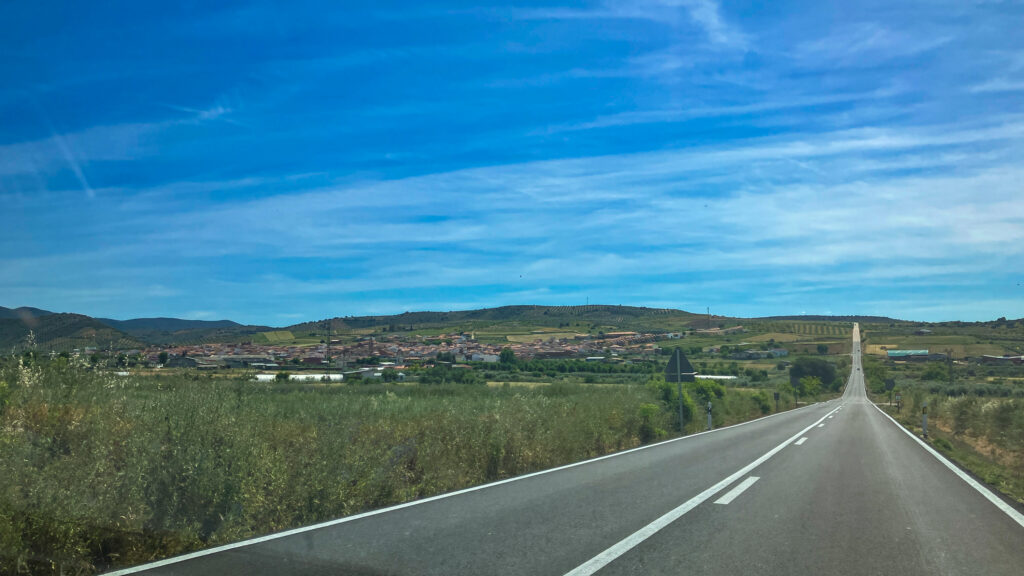
The best time to start saving for your retirement is right now. It doesn’t matter if you’re just starting out in your working life, taking a career break or coming up to your retirement years. ANYTHING you can do to put money aside now and start growing your cash is better than doing nothing at all. Just be sure to do your research and follow any requirements before, during and after investing your money – you’re responsible for your own fabulous future so make it happen!
Pin it for later
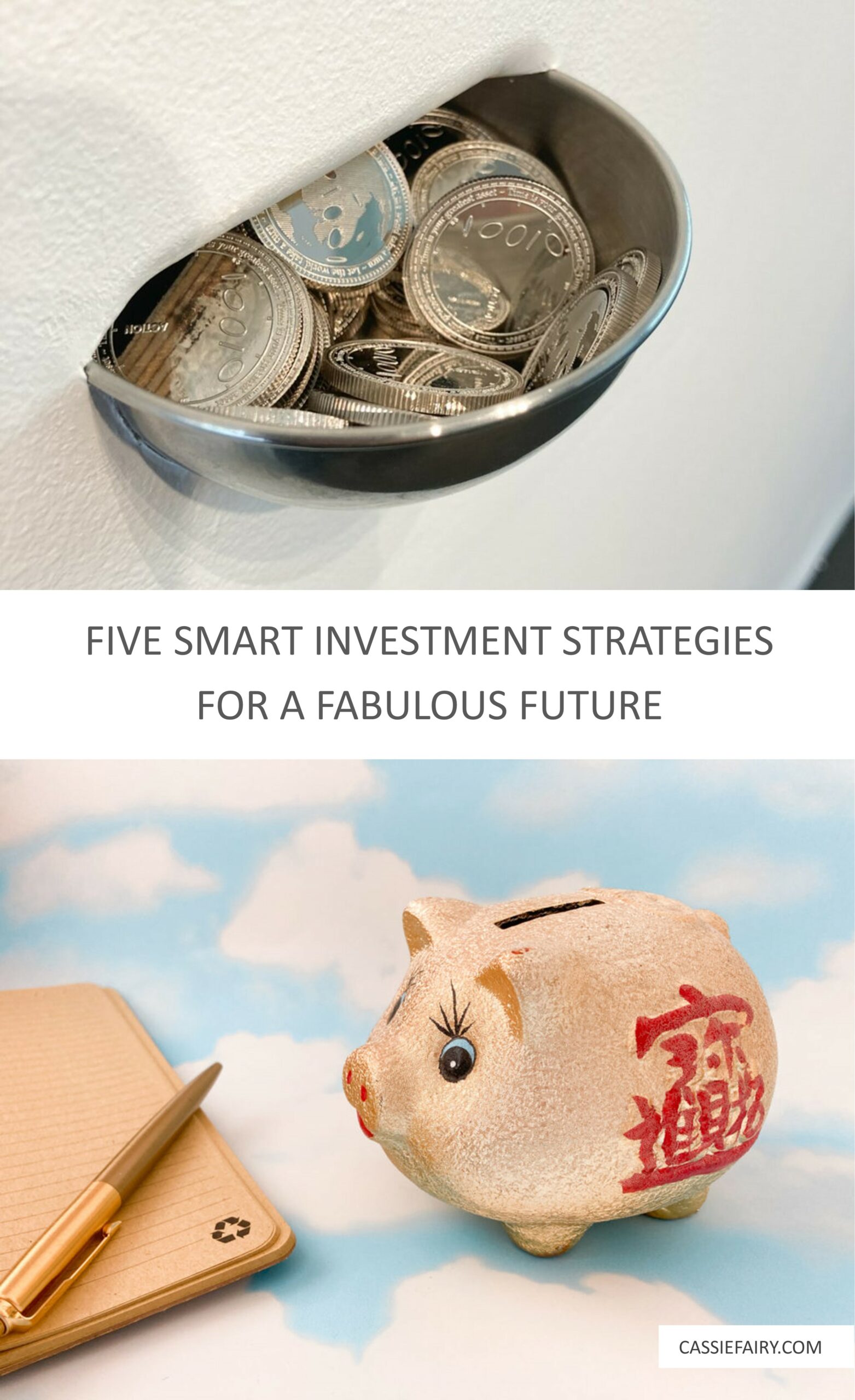
This article is a sponsored collaboration. The pink links in the content indicate a sponsored link or information source. The blog post reflects my own experience and the sponsor hasn’t had any control over my content 🙂









